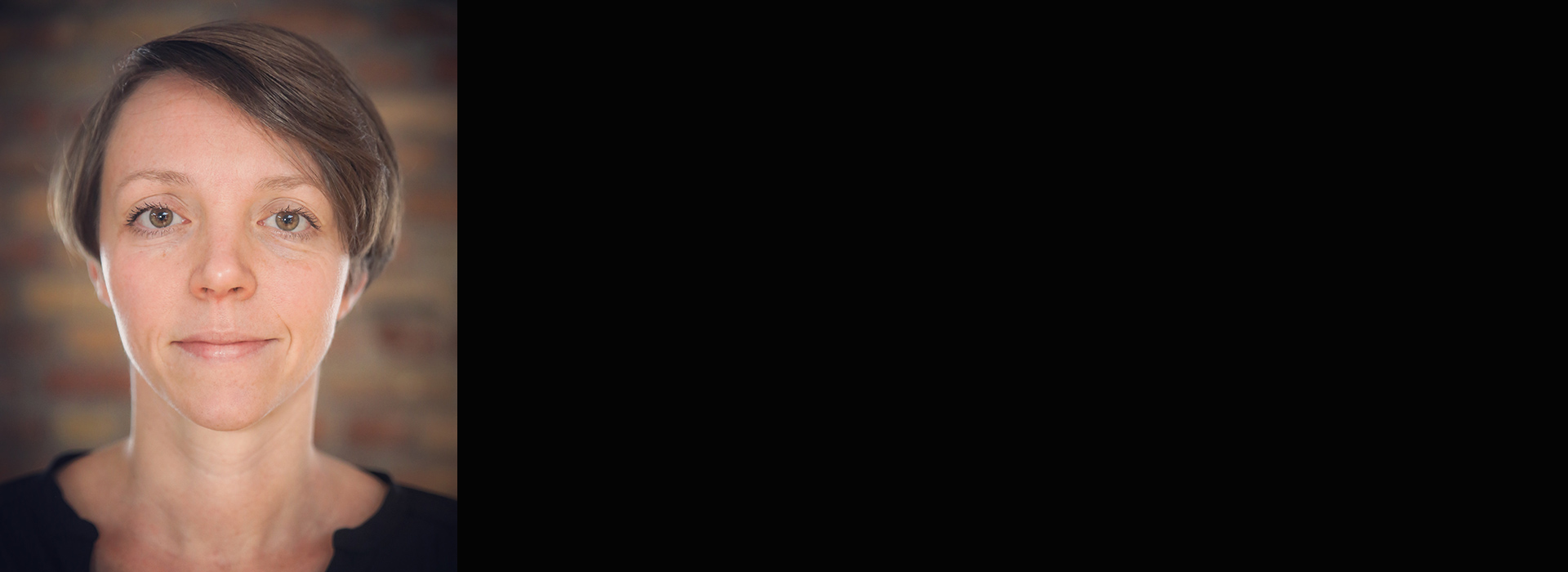A PORTRAIT OF PRODUCER VIOLA FÜGEN
Viola Fügen © Paul PieckIn-depth international collaboration, honest exchange and the strengthening of independent producers – these are the most important goals of the ACE Producers network. A similar description could be given to what‘s at the heart of Viola Fügen‘s work, and so it is probably not surprising that the German producer completed the one-year ACE programme in 2019 and has been a permanent member of the network since then. “If I were thinking about managing a Lithuanian co-production today, for example, I would always approach someone who is also in the ACE network,” she says, referring to the close contacts to like-minded people she has been able to establish in this way. “Because then you can assume that their mindset will be compatible with your own, at least to some extent.”
Fügen knows a thing or two about co-productions. After studying the film and television business (where she mainly learnt “how to make something from nothing” during short-film shoots) and long years at Pandora Film, in 2013 she founded her own company Match Factory Productions together with Michael Weber. Operating independently of the world distributor of the same name, but always with a view to the profile she has created there, her films include award-winning works such as Kornél Mundruczó‘s JUPITER’S MOON, HAPPY AS LAZARRO by Alice Rohrwacher or, most recently, MARTIN EDEN, IL TRADITORE and Malgorzata Szumowksa‘s THE MASSEUR.
Fügen finds it difficult to sum up exactly what a project requires to inspire her. “Whenever Michael and I tried to define what a film needs so that we like it, eventually it struck us that in the main, we have actually ended up realizing exceptions to that definition,” she admits with a laugh in our interview. “Of course, we have to be excited by the script and we need to be convinced by the direction. But above all, we have to feel that the project has some relevance for the international market: firmly anchored in the respective home country, but appealing to a broader audience.”
Fügen sees the partnerships and relationships that Match Factory has built up over the years as the be-all and end-all – and they are always cultivated. For example, the Cologne-based company recently worked again with Apichatpong Weerasethakul, on his new film MEMORIA, and the producer is proud that Mundruczó did not go to the USA after PIECES OF A WOMAN, which was sold to Netflix, but wanted to collaborate with them again on his new project, EVOLUTION.
On the one hand, the fact that a large proportion of Match Factory productions are directed by women is a coincidence; on the other hand, it is not. “From the very beginning, we wanted to work with women in the director‘s seat, but we didn‘t explicitly declare this or have a strategy behind it,” Fügen emphasizes. Thanks to its collaboration with female filmmakers such as Laura Bispuri, Icíar Bollaín or Alice Rohrwacher, Match Factory has never been far from a 50/50 ratio, even without quotas and self-commitments. “And that‘s simply because these were always projects that excited us,” adds the mother of three, who leaves no doubt nonetheless that there is still a need to catch up in the industry when it comes to balancing family and job, or even equal pay for men and women.
Not only but also with such topics, Fügen relies more than ever on exchange and networks. “It‘s only when we join forces that we can negotiate conditions that benefit the producers in the end,” she says with regard to cooperation with streaming services, for example. At Match Factory Productions, she and Weber have not only been focusing on co-productions for some time now, but are also developing their own material increasingly, including series (the ACE Series Special workshop, the next round of which starts in December, application deadline: 1 July 2021, was particularly useful in this respect) and productions for the German market. “This is an expansion of our portfolio, by no means a change of direction,” Fügen wants me to note at the end of our conversation. “These projects still have to fit our concept as well. It wouldn‘t make sense for us to suddenly tackle a classic German comedy. That‘s not in our DNA – and we can only put our heart and soul into things we are passionate about.”
Patrick Heidmann

